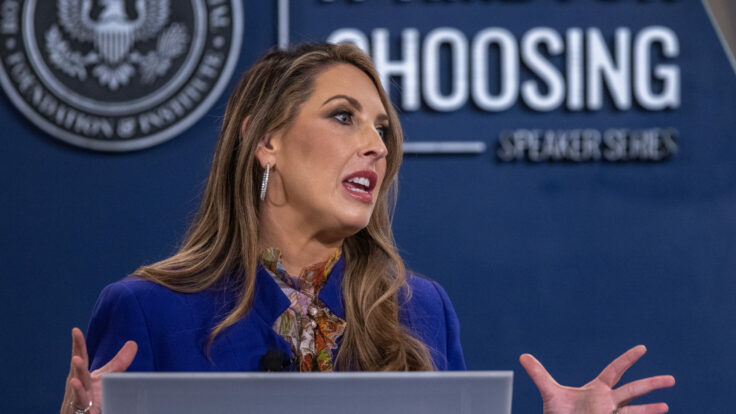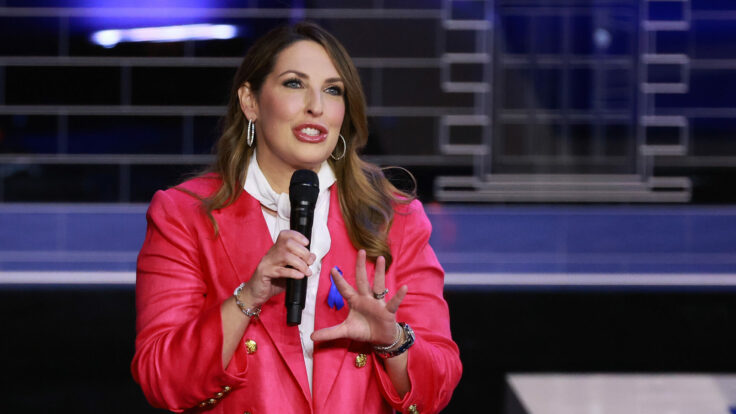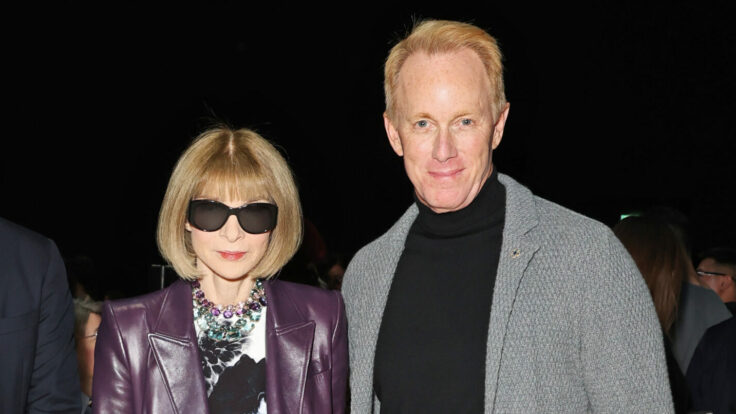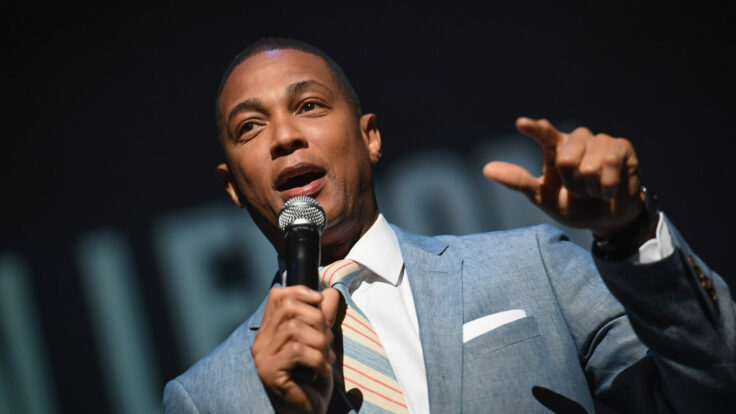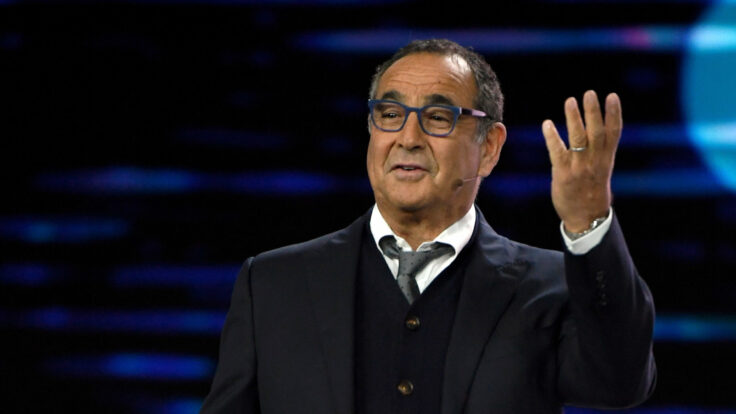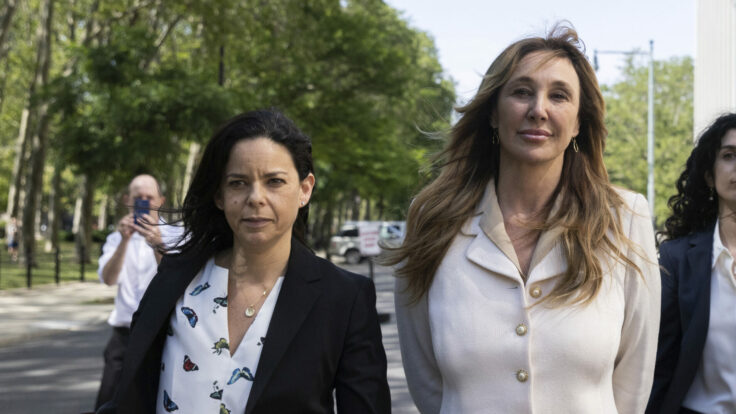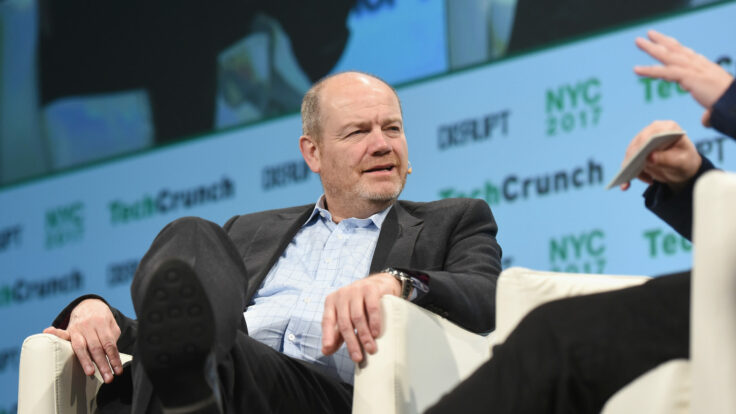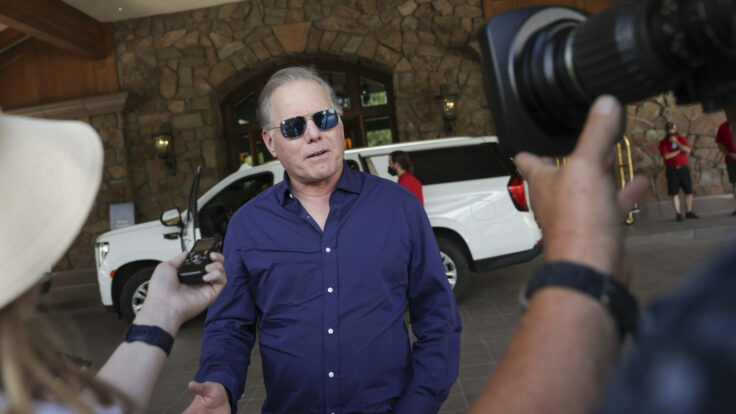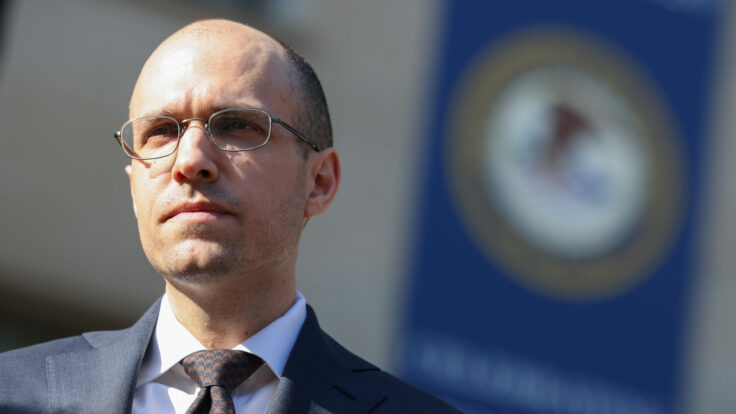“Everybody is way down,” a notable media executive told me this morning while shuffling between meetings here at the Allen & Company conference in Sun Valley. This was not his assessment of the mood at the conference, per se—indeed, most executives I’ve seen or spoken with here seem quite chipper and upbeat, as they almost always do at Herb Allen’s annual confab. It is, rather, an obvious, dispassionate assessment of where things stand financially in the wake of the Netflix sell-off and an absolutely brutal correction in the market: Reed Hastings and Ted Sarandos have seen Netflix’s share price fall 66 percent since the last time they were here. Bob Chapek’s Disney is down 45 percent. David Zaslav, who launched Warner Bros. Discovery at $24-a-share in April, is down 44 percent to $14 a share. None of these men seem at all unhappy, but they do appear at least momentarily humbled.
The market conditions have changed the tone and focus of the Sun Valley gossip, in myriad ways. At the macro-level, it’s shifted some of the conventional wisdom about the M&A landscape. For years, Sun Valley media merger intrigue centered on whether Shari Redstone might be ready to sell Paramount—a relatively small prize in Hollywood’s race for scale. This year, the chatter has shifted to the future of Netflix and Disney, once-dominant media giants that now find themselves more vulnerable than they ever imagined. At an $82-billion market cap, Netflix has never been more attractive from a price perspective, as my partner Bill Cohan ably notes. And might an activist investor move in on Disney and try to position the Magic Kingdom for a sale? At $95 a share, the pervasive wisdom goes, anything is possible.








